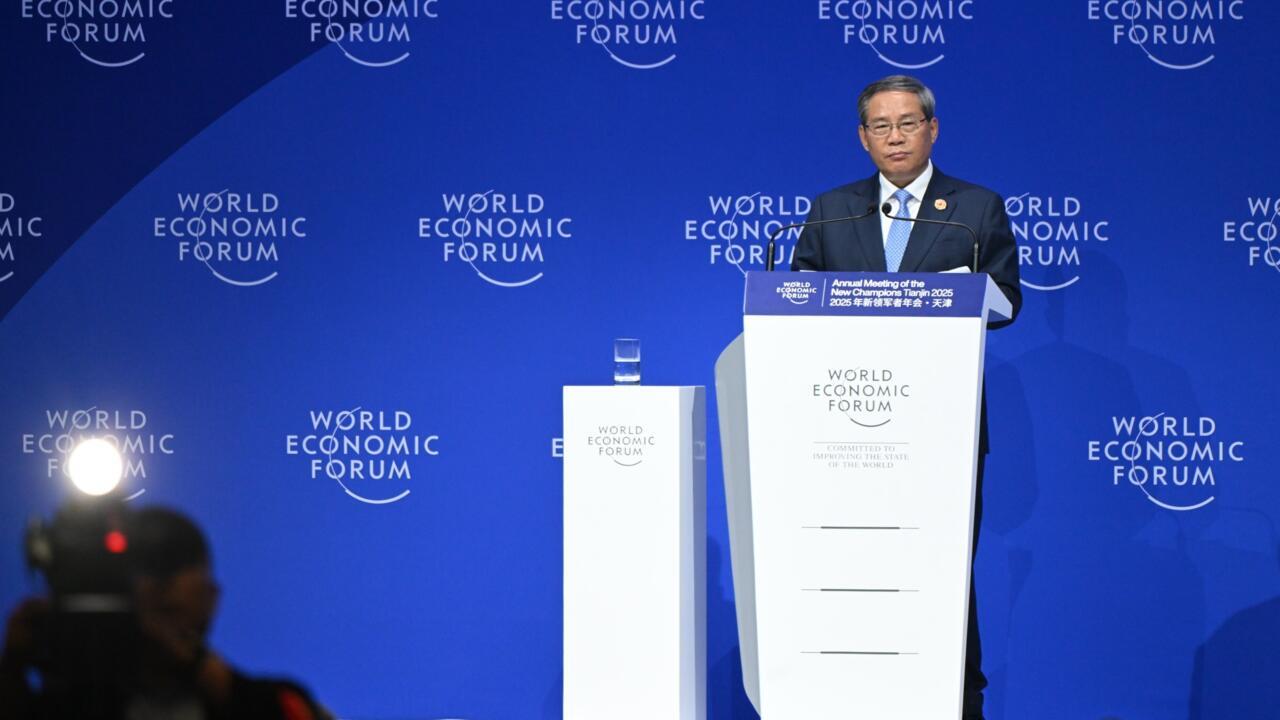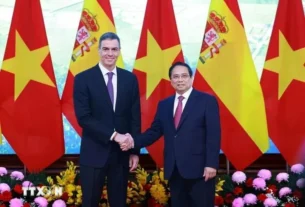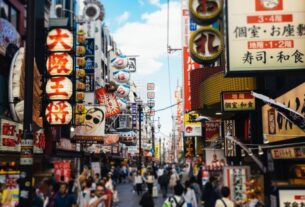TIANJIN, China – In a world already shaken by uncertainty, Chinese Premier Li Qiang delivered a sobering message at the World Economic Forum’s “Summer Davos” in Tianjin on Wednesday, warning that tensions in global trade are not just rising—they’re intensifying.
With world leaders like Singapore’s Prime Minister Lawrence Wong among the attendees, Premier Li’s words cut through the formality of the stage and echoed the concerns shared quietly in backroom meetings. “The global economy is undergoing profound changes,” he said, indirectly pointing to the waves of tariffs and protectionist policies that have emerged in recent years, especially from the United States.
Li didn’t mince words: “Protectionist measures are significantly increasing, and global economic and trade frictions are intensifying.” His tone, however, was less about blame and more about urgency. “In difficult times, the world doesn’t need a jungle law where the strong dominate the weak. What we need is cooperation—for all to win together.”
While speaking on a global stage, Li also offered a glimpse of China’s domestic outlook. Despite challenges like sluggish growth and consumer hesitation, he remained optimistic. “China’s economy continues to grow steadily,” he said, emphasizing the country’s evolving role from being the world’s factory to becoming a consumption-driven giant.
The Chinese government is betting big on internal demand. With interest rate cuts, housing incentives, and policy shifts, Beijing is hoping to fire up its economic engine and meet its 5 percent growth goal—an ambitious target, many economists say.
Li’s address carried a deeper message: China sees itself not just as a player, but as a guardian of fair, rules-based global trade. His words echoed sentiments shared by Chinese President Xi Jinping the day before, calling for unity against rising protectionism.
Other leaders shared the stage with similar concerns. Singapore’s Prime Minister Wong warned that while economic integration doesn’t guarantee peace, it’s a far better bet than isolationist, “me-first” policies. Vietnam’s Prime Minister Pham Minh Chinh highlighted the fine line his country walks, balancing trade with both the U.S. and China. “We need to be everyone’s friend,” he said. “But we also need to stay prepared—because the world is unpredictable.”
In today’s divided world, the message was clear: Collaboration may not be easy, but it’s more necessary than ever.





